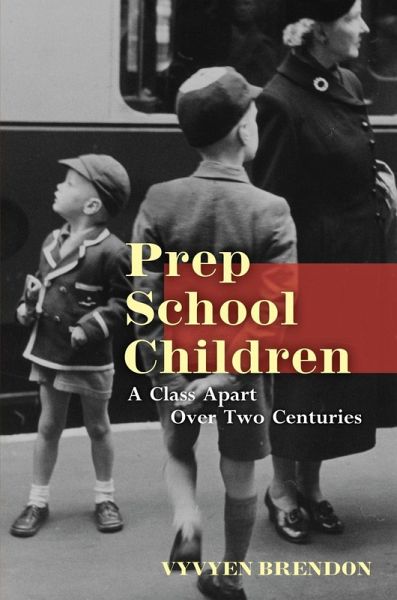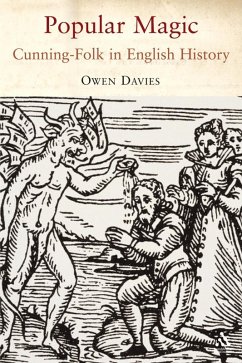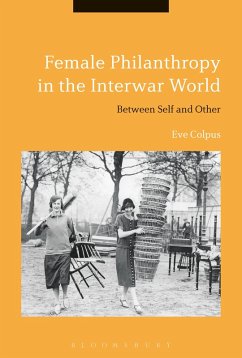
Prep School Children (eBook, PDF)
A Class Apart over Two Centuries

PAYBACK Punkte
11 °P sammeln!
Since the days when nine-year-old Tom Brown set off by stage coach to be prepared for entry to Rugby, middle-class British boys have been sent away to prep school. Here children aged seven to thirteen have been systematically groomed for public school, for gentlemanly life, for military service, for colonial rule and for worldly or, in the case of Harry Potter, wizardly success. In a compelling and sometimes shocking account, Vyvyen Brendon dwells not on the adult purposes behind a peculiarly British institution but on the lives of the children. More than two hundred youngsters appear in these...
Since the days when nine-year-old Tom Brown set off by stage coach to be prepared for entry to Rugby, middle-class British boys have been sent away to prep school. Here children aged seven to thirteen have been systematically groomed for public school, for gentlemanly life, for military service, for colonial rule and for worldly or, in the case of Harry Potter, wizardly success. In a compelling and sometimes shocking account, Vyvyen Brendon dwells not on the adult purposes behind a peculiarly British institution but on the lives of the children. More than two hundred youngsters appear in these pages, describing their schooldays through memoirs, letters, diaries, poetry, fiction and interviews. The impressions left, happy or miserable, comic or tragic, were indelible. The pupils' responses were seldom expressed at the time for, according to the ancient maxim, children should be seen but not heard. This book gives them a voice. In doing so it reveals a neglected area in the history of childhood and casts a sharp beam of light on the national character.













